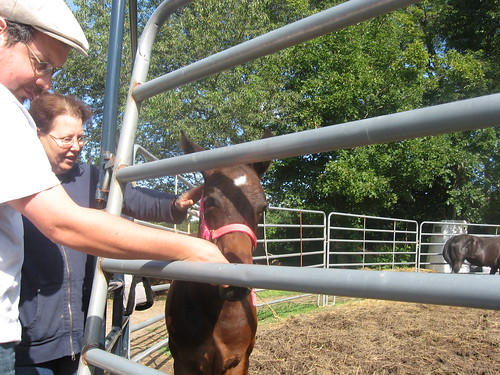🦋 Free Will and Consciousness
Nørretranders spends quite a bit of space in Chapter 9, "The Half-Second Delay", dealing with the experiments of Kornhuber and Deecke and of Benjamin Libet and with their indications that the consciousness of a decision to act is epiphenomenal -- that the volition to act arises out of unconscious processes, the conscious decision is a back-formation, a way for consciousness to explain the volition to itself. The result seems pretty clear from the experiments as they are described;* according to Nørretranders it causes a big problem for believers in free will. If volition is pre-conscious/unconscious/non-conscious, the argument goes, then the notion of our acting out of our free wills is illusory. It is not completely clear; but I don't think that Nørretranders is expounding his own belief here, but rather explaining a debate that is going on. It's difficult to tell because he does not attribute to anybody the argument that Libet's results negate free will; he just states it as a common-sense difficulty with the results. But it doesn't seem so clear-cut to me, and I'm interested to see where he goes with it. My gut sense is that free choice can be exercised without necessarily being a conscious act; that innate urges and instinctual volitions are not necessarily mechanical or deterministic. If consciousness is an epiphenomenon of one's brain state, why shouldn't the conscious decision process -- the back-formed story of a conscious decision process -- be epiphenomenal to processes in the brain state which are indeed deciding to act?
 *Though note, these results from Trevena and Miller call Libet's results into question.
posted evening of Thursday, August 18th, 2011
➳ More posts about The User Illusion
➳ More posts about Readings
|

